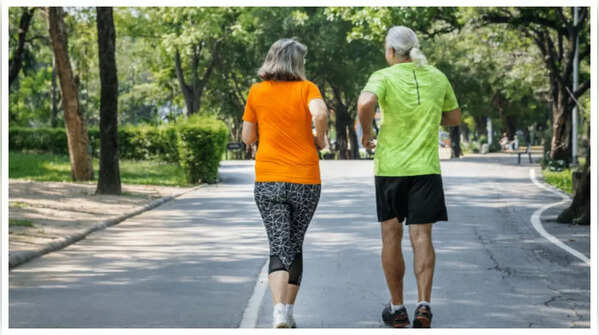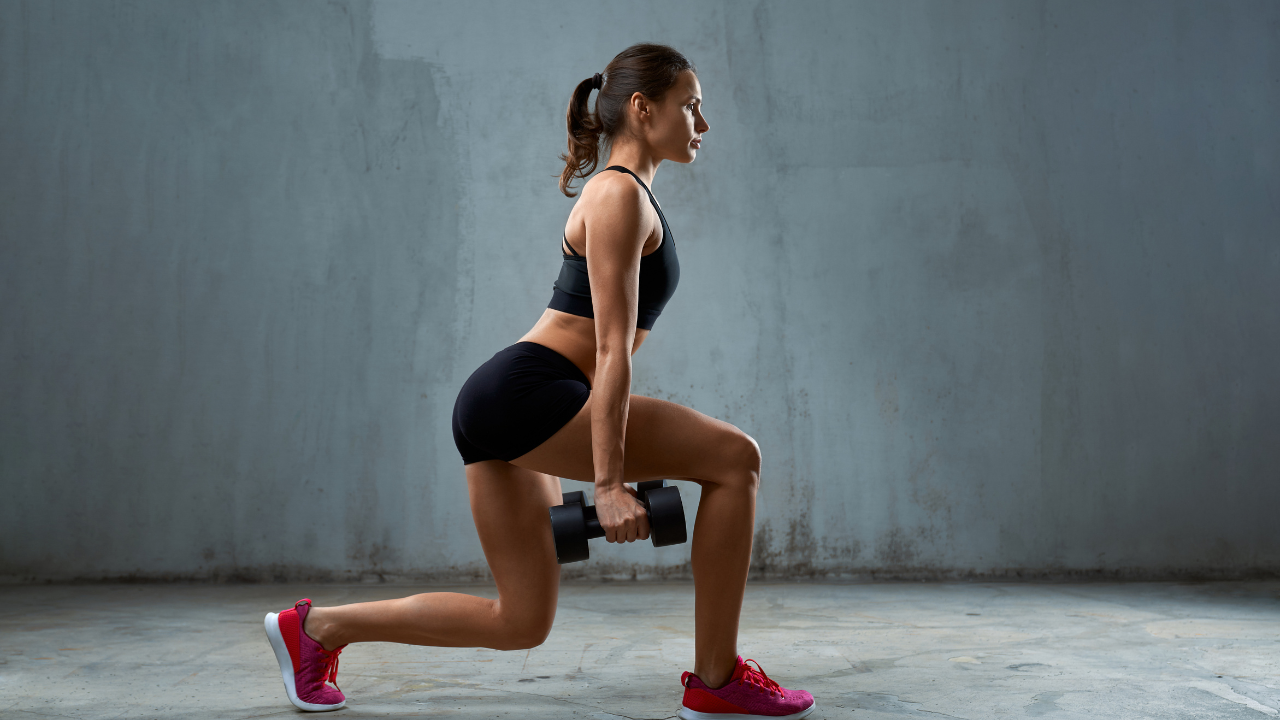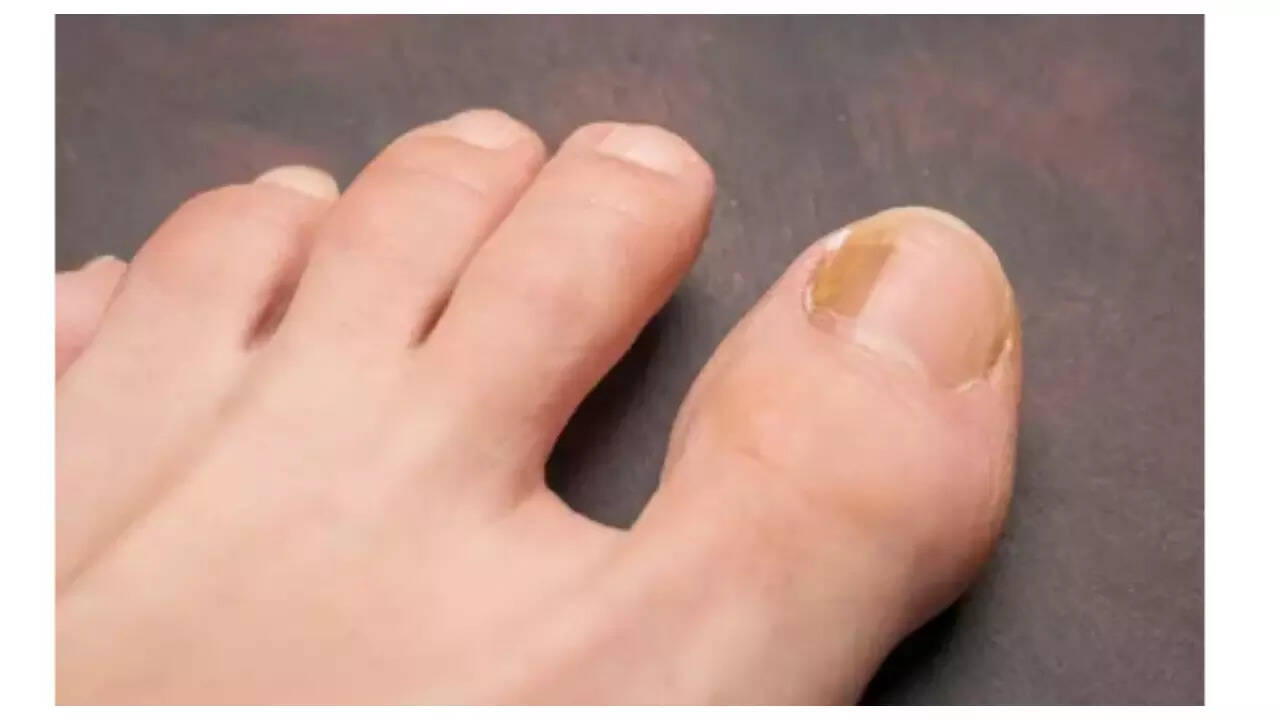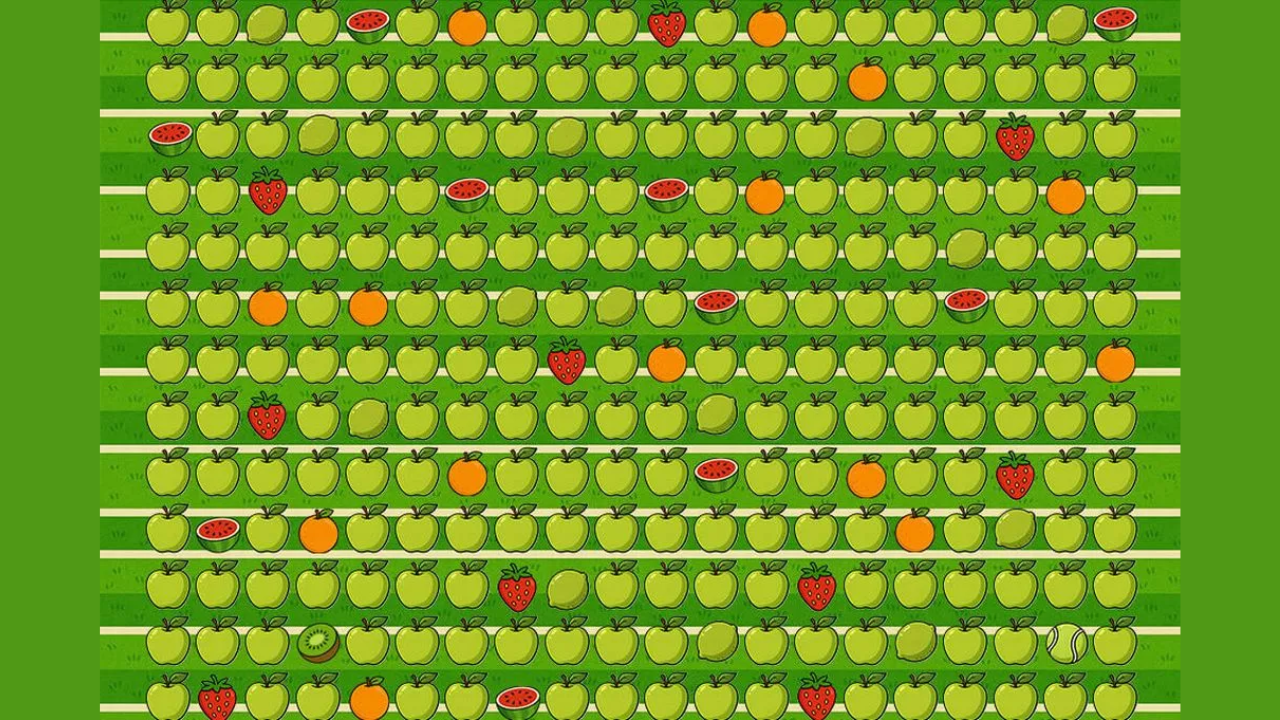
1/6
Walking to burn calories? Here's why the timing makes all the difference
While it is debatable whether walking directly causes weight loss or not, it is not debatable as to how beneficial walking is. Right from burning calories, toning your legs, improving your cardiovascular health, to improving your mood, and digestive issues, walking is a great tool to add to your overall fitness journey. Not only that, walking can also burn a lot of fat provided you do it right. Experts say that the timing of your walk is the key to a healthy you, so let's take a look how...

2/6
Empty stomach morning walks
Taking a walk before breakfast puts your body in a fasted state. After sleeping overnight, your insulin levels are low, and your body has used up most of its quick energy from carbohydrates. This means your body turns to fat stores for fuel during your walk. Research shows that walking on an empty stomach in the morning can burn up to 70% more fat compared to walking after eating. This type of walk also improves your metabolic flexibility-your body’s ability to switch between burning carbs and fat-which helps with weight management throughout the day.

3/6
Post-Meal Walks
Walking right after a meal creates a different but equally important effect. When you eat, your blood sugar rises, and insulin is released to help store energy. Walking after eating helps your muscles use that sugar for energy, preventing blood sugar spikes. Studies show that just 15 minutes of walking after a meal can reduce blood sugar levels by about 22%. This is especially helpful after dinner, when insulin sensitivity naturally declines. By controlling blood sugar, post-meal walks reduce fat storage and protect your heart health by lowering harmful blood fats called triglycerides.

4/6
Effects on digestion
Walking affects digestion differently depending on when you do it. Walking before meals stimulates digestive juices, preparing your body to process food better. Walking after meals helps move food through your digestive system, reducing bloating and discomfort. However, it’s best to wait about 10 minutes after eating before walking so your body can start digestion without competition from muscle activity. This timing helps you feel lighter and more comfortable while still aiding digestion.

5/6
Effect on your appetite and hormones
The timing of your walk also influences hunger hormones. Morning fasted walks lower ghrelin, the hormone that makes you feel hungry, which can help reduce how much you eat at breakfast without feeling deprived. On the other hand, walking after meals boosts feelings of fullness, helping you avoid snacking and overeating later. Both timings help regulate appetite but in different ways that support weight loss.

6/6
Better Sleep and Heart Health
Morning walks expose you to natural light, which sets your body’s internal clock and improves sleep quality. Good sleep is important for weight loss and overall health. Fasted morning walks also strengthen your heart by improving blood vessel function and lowering blood pressure. Evening walks after dinner can improve sleep by reducing blood sugar and digestive discomfort, but avoid intense exercise too close to bedtime as it might interfere with falling asleep.
Follow Us On Social Media

 1 month ago
133
1 month ago
133




























 English (US)
English (US)